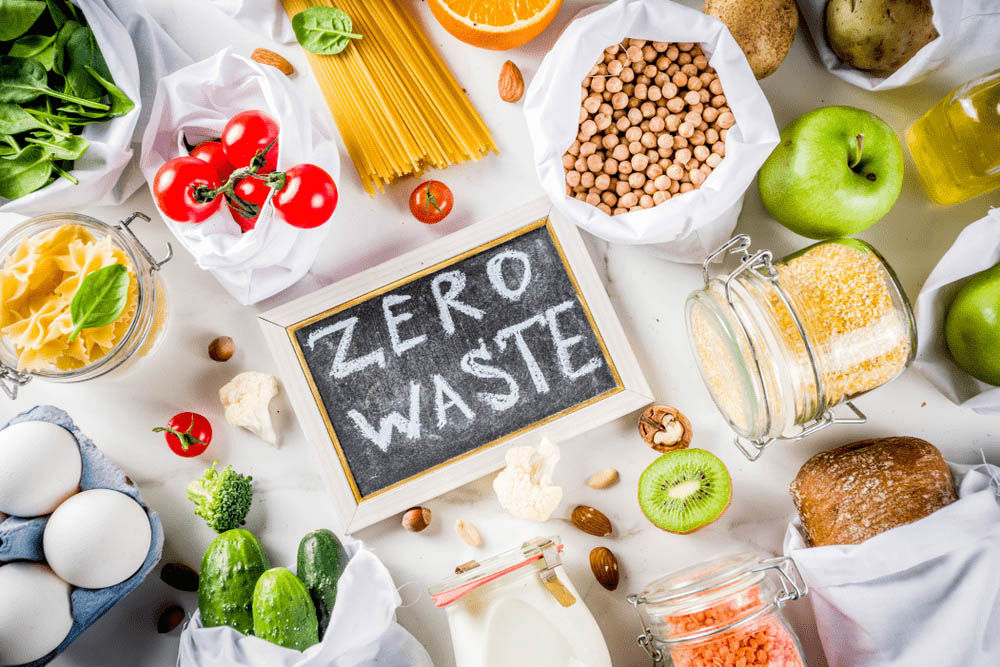Single-use plastics have become ubiquitous in our modern lives, but their convenience comes at a significant environmental cost. Understanding the detrimental effects of these plastics is crucial in motivating individuals to reduce their usage and transition to more sustainable alternatives.
DETRIMENTAL EFFECTS OF SINGLE USE PLASTICS
Single-use plastics, including items like plastic bags, bottles, straws, and utensils, contribute to a range of environmental problems:
Ocean Pollution: Many single-use plastics end up in the oceans, where they break down into microplastics that are ingested by marine life. This not only threatens aquatic ecosystems but also enters the food chain, potentially impacting human health.
Wildlife Harm: Animals often mistake plastic debris for food, leading to ingestion and entanglement. This can result in injury, suffocation, and even death for marine and terrestrial animals.
Resource Depletion: The production of plastic requires significant amounts of fossil fuels and energy, contributing to resource depletion and carbon emissions. By reducing plastic consumption, we can decrease our reliance on these finite resources.
Landfill Overflow: Single-use plastics are a major contributor to overflowing landfills. They take hundreds of years to decompose, occupying valuable space and releasing harmful chemicals into the soil and water.
Microplastics in Food and Water: Microplastics have been found in tap water, bottled water, and even in the air we breathe. These particles can potentially have negative impacts on human health when ingested.
PRACTICAL ALTERNATIVES TO SINGLE USE PLASTICS
Transitioning away from single-use plastics involves adopting practical alternatives that are reusable and eco-friendly:
• Reusable Water Bottles: Invest in a high-quality, BPA-free reusable water bottle. This reduces the need for disposable plastic water bottles and helps keep you hydrated without contributing to plastic waste.
• Reusable Shopping Bags: Carry reusable cloth or canvas bags when shopping to avoid using plastic bags. Keep a few compact foldable bags in your purse or backpack for unexpected shopping trips.
• Stainless Steel or Glass Containers: Replace disposable plastic food containers with stainless steel or glass containers. These are durable, safe for both hot and cold foods, and can be used for meal prep and storage.
• Metal or Bamboo Straws: Say no to plastic straws and choose alternatives like stainless steel, glass, or bamboo straws. Many establishments are also starting to offer paper straws as an eco-friendly option.
• Utensil Kits: Carry a compact utensil kit with a reusable fork, knife, spoon, and chopsticks. This prevents the need for disposable plastic utensils when eating on the go.
SAYING NO TO PLASTIC STRAWS AND UTENSILS
Plastic straws and utensils are often used for just a few minutes before being discarded, yet they can persist in the environment for hundreds of years. To curb their harmful impact:
• Inform and Educate: Raise awareness about the negative effects of plastic straws and utensils by sharing information with friends, family, and social networks.
• Request No Plastic: When ordering beverages at restaurants, cafes, or fast-food outlets, kindly request no plastic straws. Many places now offer alternatives upon request.
• Carry Your Own: Carry a reusable straw and utensil set in your bag or backpack, so you're always prepared to refuse single-use options.
By consciously choosing alternatives to single-use plastics and advocating for their reduction, individuals can contribute to a cleaner environment, healthier ecosystems, and a reduced plastic footprint.


Follow Us on Instagram